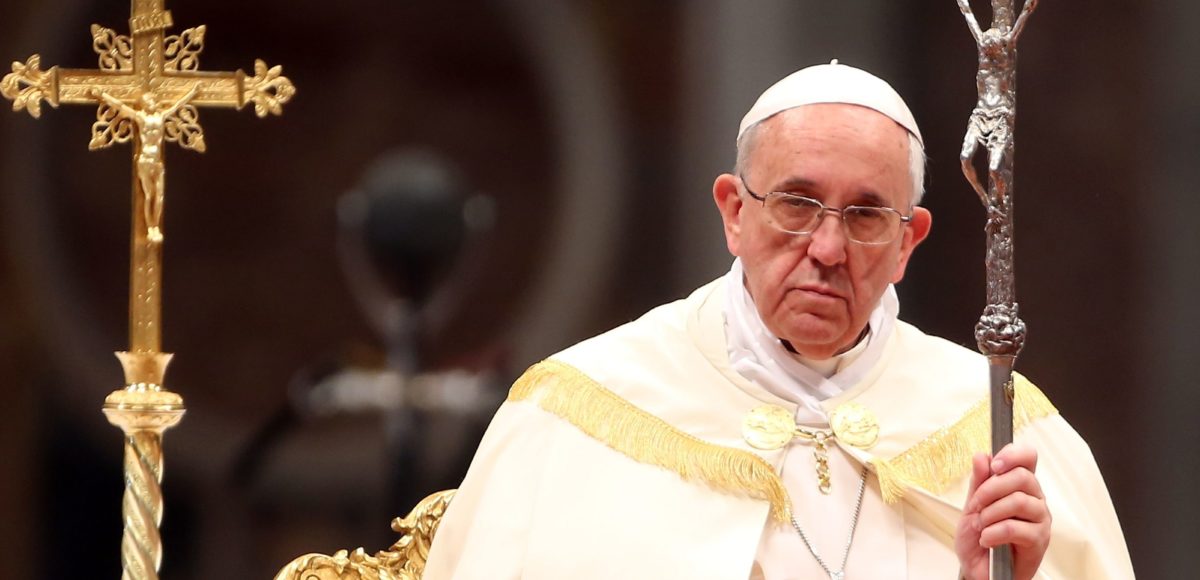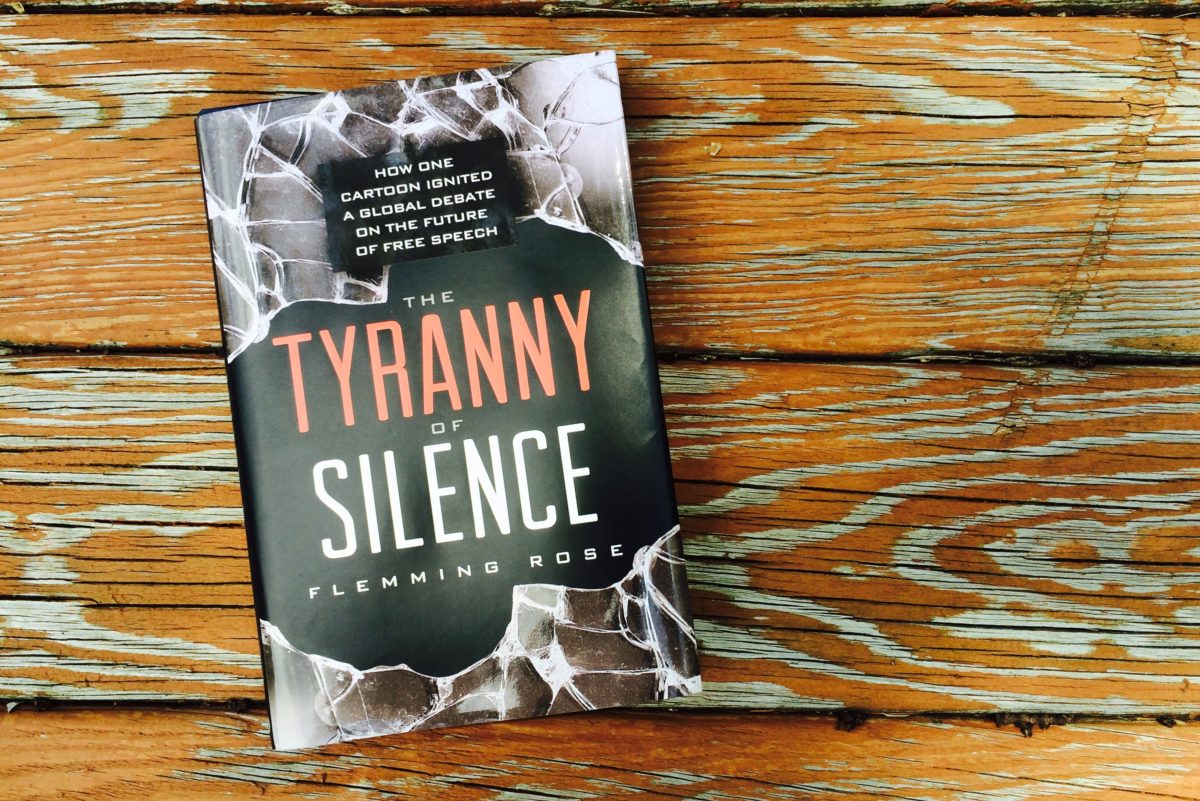Pope Francis has called for a crusade. No, not of the bloody sort that has so painted the tome of Roman Catholic history. This is a crusade for life—or so it seems. The Pontiff has called for a worldwide moratorium on the death penalty.
On its face, this certainly sounds like a laudable appeal. That despotic regimes like those in North Korea, Iran, and Saudi Arabia wield the power to execute—and that they routinely exercise it for political crimes, or on non-violent offenders, or on children—is clearly reprehensible. What’s more, even in our liberal constitutional republic, capital punishment continues to be plagued by the “problem of innocence.” Since 1973, over 150 innocents have been released from death row, compared with just fewer than 1,500 executed over that span. While convictions are on the decline, even conservative estimates indicate that an appalling 4.1% of those sentenced to die are wrongly convicted. Recent horror stories of innocent men spending whole decades behind bars on the basis of fundamentally flawed forensic analysis are enough to shock the conscience. All of this, and the jury remains out on whether the death penalty even serves as an effective deterrent to crime.
But while there’s undoubtedly room to critique capital punishment today, is the Pope really the one to do it?
Consider his reasoning. Before tens of thousands of faithful, from a palace window high above St. Peter’s Square, Pope Francis appealed “to the conscience of those who govern” for the abolishment of the death penalty. He explained that “[t]he commandment ‘do not kill’ holds absolute value and applies to both the innocent and the guilty,” because “even criminals hold the inviolable right to life.” He called for an end to capital punishment “even for the legitimate defense of society,” so that we might leave open “the hope of reintegration” for even the most violent among us. After all, the Pope reasoned, this is the “Holy Year of Mercy.”
To grasp the implications of treating mercy as an absolute in this way, imagine how this perspective might inform your response to an assailant. You’re walking alone at night when, in a sudden flash, a man accosts you with a knife. You’re armed, and you’ve got just a split second to respond before you’re stabbed. At this distance, the shot will surely kill him. Do you shoot?
For most of us, the answer probably seems straightforward: “of course you do”—“he’s the violent one here”—“defend yourself.”
But “not so fast,” counsels the Pope’s perspective. “Thou shalt not kill,” after all. That’s an absolute commandment. Sure, this man wants to kill you. But “even criminals hold the inviolable right to life.” And you can’t deprive this guy of “the hope of reintegration into society.” You’ve got to “love your enemy”—“turn the other cheek”—“show mercy.”
Now, the point here isn’t that Pope Francis would actually command that you lay down and die. (While St. Augustine counseled as much, Catholic scholars from Pope John Paul II to St. Thomas Aquinas seem to have suggested just the opposite.) The point is rather that this scenario seems to expose something odd about his perspective: namely, that when dealing with violent people—like the killers for whom we (ostensibly) reserve spots on death row—it asks that we show mercy in the name of their “human dignity,” to use the Pontiff’s words. But if we know that they’re guilty, why should we do that?
The answer starts with the Church’s basic perspective on human life: that “[i]n God’s hand is the life of every living thing and the breath of all mankind” (emphasis mine). On this view, we begin and end our lives on earth by the grace and for the sake of divine will, as vessels for equally “sacred” eternal souls. And we possess no more authority to take the lives of others—which aren’t ours to end—than we do to take our own lives—which aren’t ours to dispose of.
It’s this perspective that leads the Pope to call for subordinating criminal justice to “God’s justice,” which he describes as “merciful and healing.” And because only the convicted face punishments that interfere with God’s plan, Pope Francis is led to mount his opposition to capital punishment on the supposedly “sacred” value of guilty lives—on behalf of the spiritual rehabilitation of men like recently-sentenced Boston Bomber Dzhokhar Tsarnaev, for instance.
This is completely backwards. The whole point of a criminal justice system is to protect the lives of peaceful people. If rapists have procedural rights (to due process, to a trial by jury, to a presumption of innocence), it’s not because their lives are sacred, but because innocent lives are. If the death penalty is wrong, it’s not because murderers have an inviolable right to life, but because capital punishment poses a grave danger to innocent defendants. If we’re to critique it, we shouldn’t do so for the sake of terrorists like Tsarnaev, but for the North Korean political prisoners, or the Saudi Arabian drug traders, or the Iranian children, or the innocent American lives liable to be caged, crushed, and extinguished at the hands of a criminal justice system that failed to protect them.
But his justification isn’t just wrongheaded: to seriously embrace the Pope’s trivialized distinction between guilty and innocent lives would have implications far beyond just capital punishment. It should come as no surprise that he also condemns life sentences. But why stop there? If all lives are sacred and mercy is an absolute—if divine will and eternal salvation are nobler causes than protecting the innocent at all costs—then why not reduce sentences even further? In fact, why not question the distinction between guilt and innocence in sentencing at its core?
The answer is that, at least for those of us who value life on this earth, innocent lives matter and warrant protection. That’s the point of criminal justice, and the only ground on which opposition to the death penalty could reasonably rest. But an appreciation for the sanctity of earthly life is precisely what the Pope lacks—and what the Catholic Church never had to begin with.
Creative commons-licensed image courtesy of Flickr user Long Thiên





